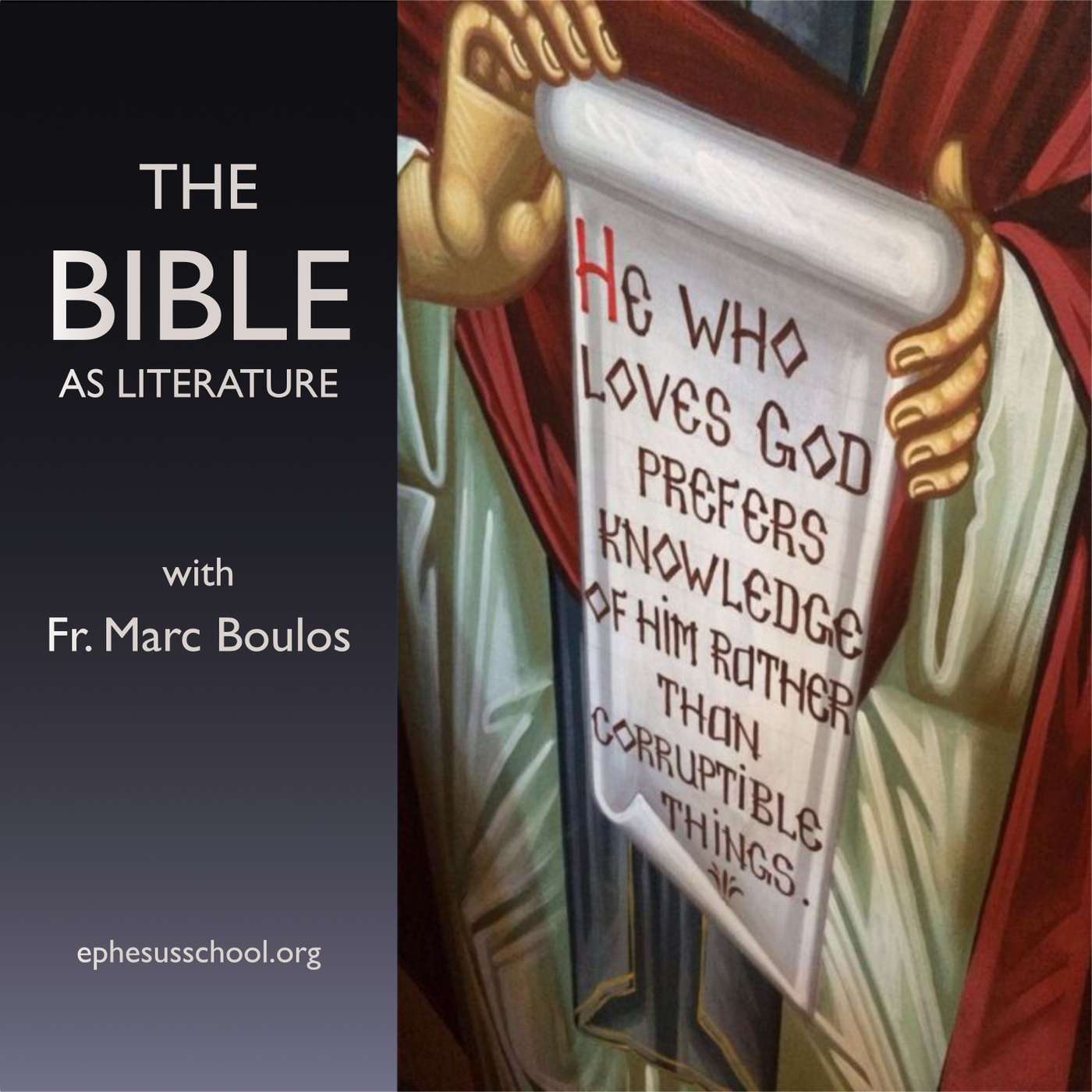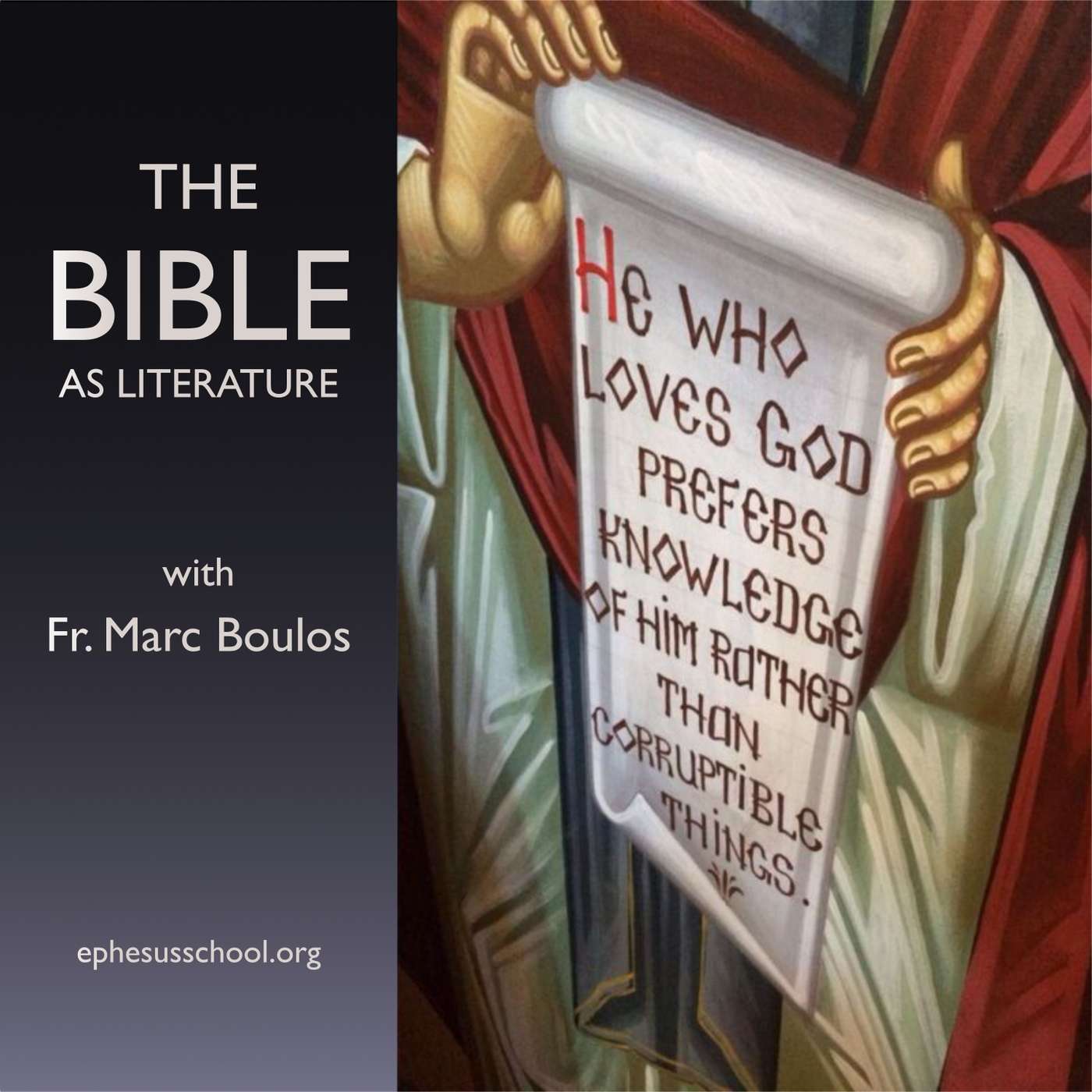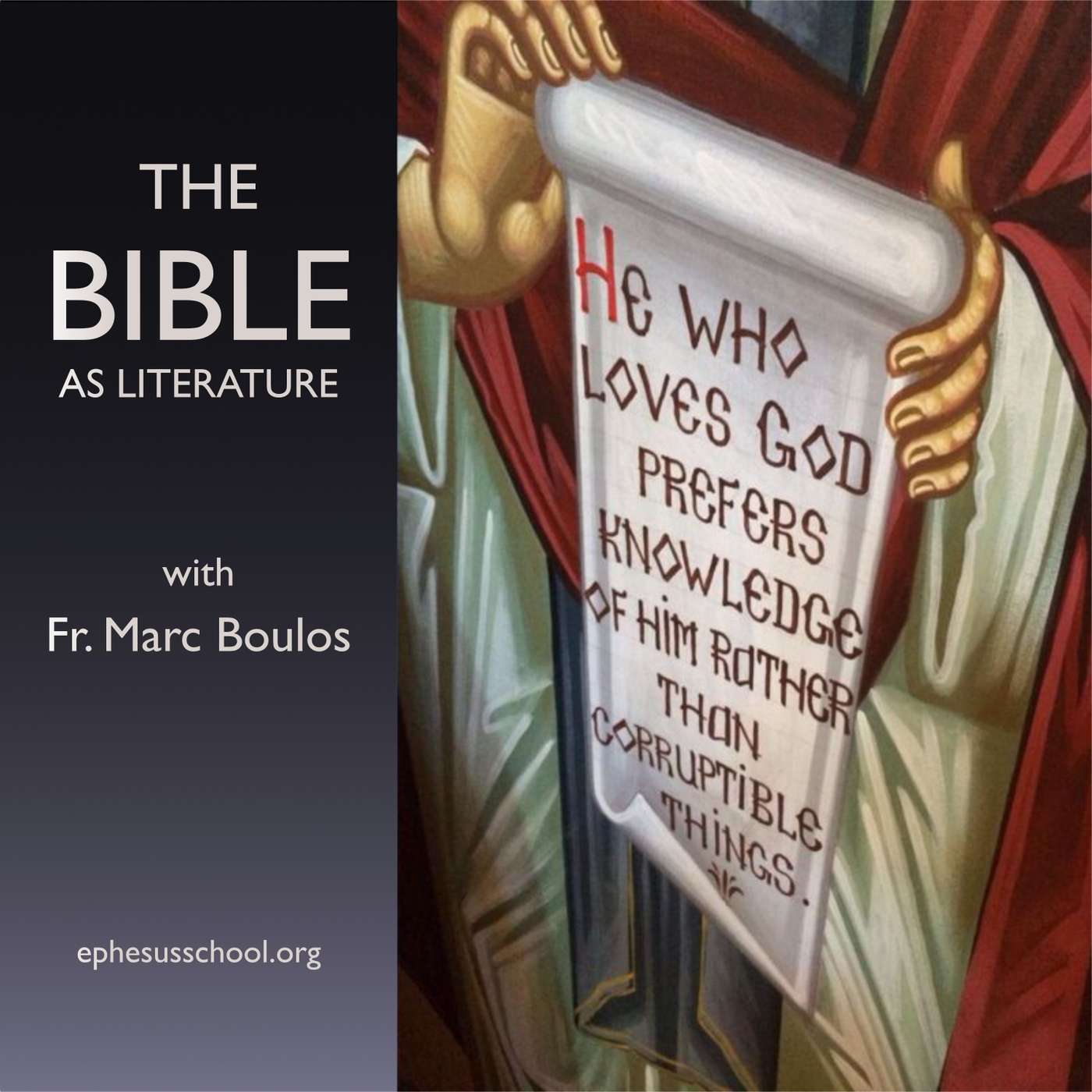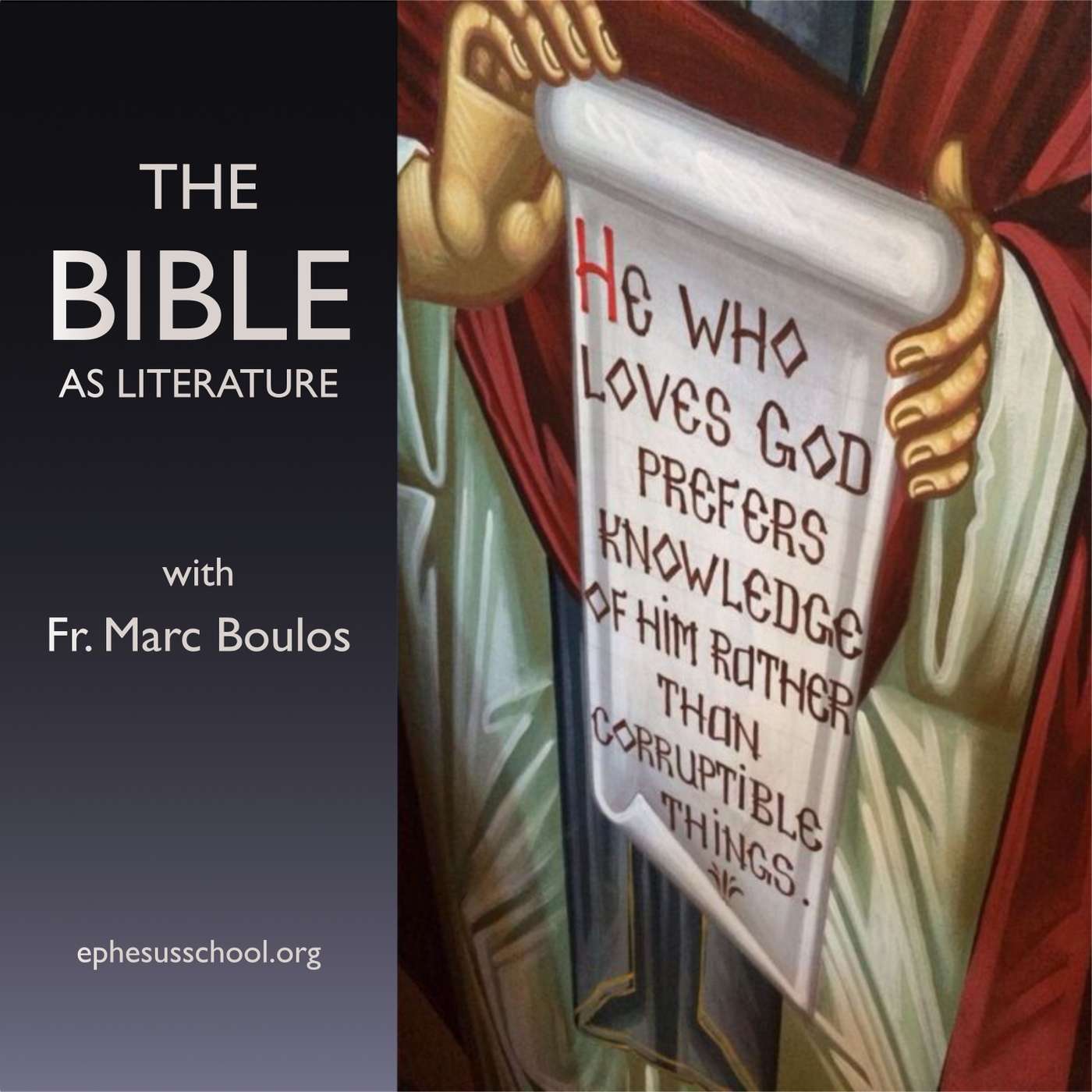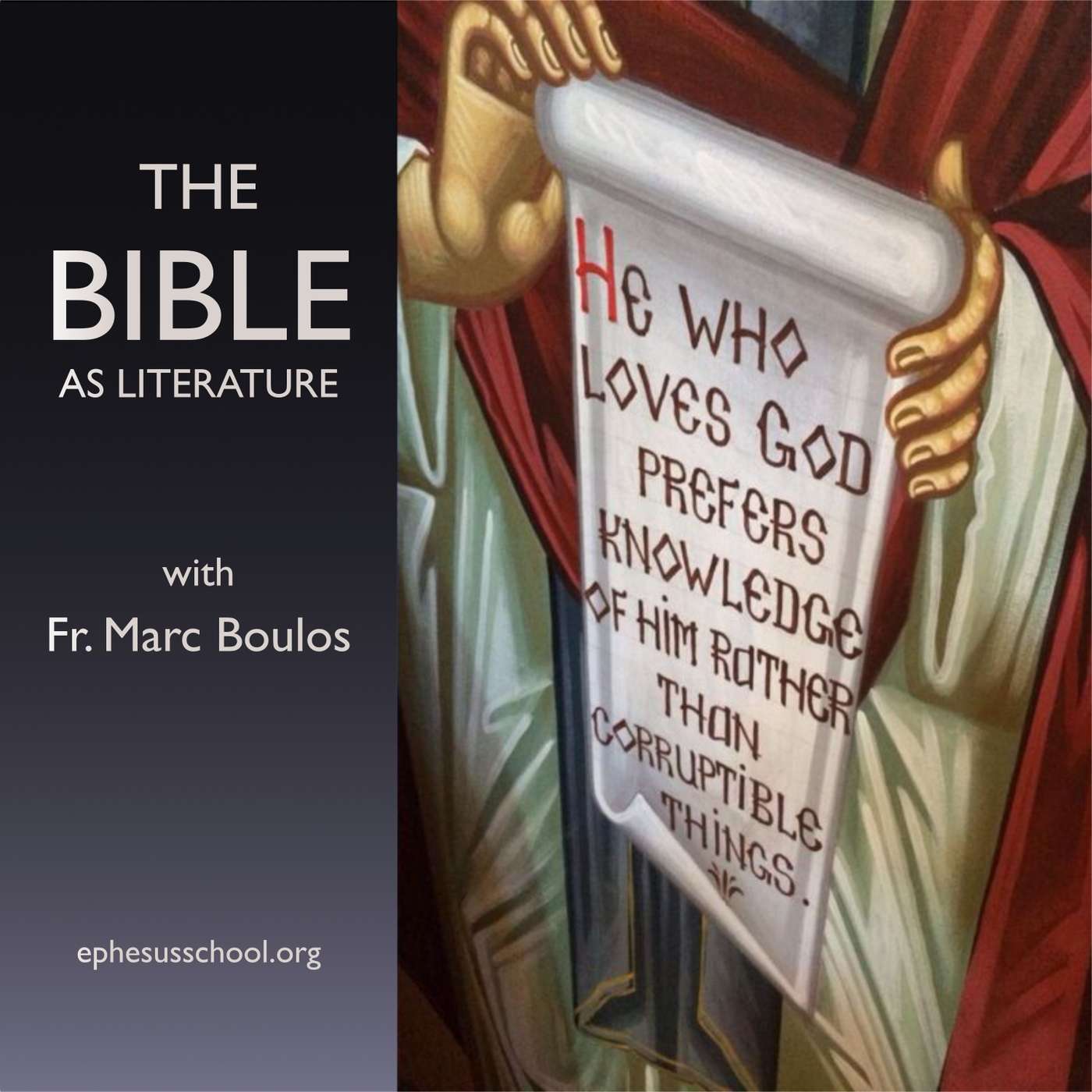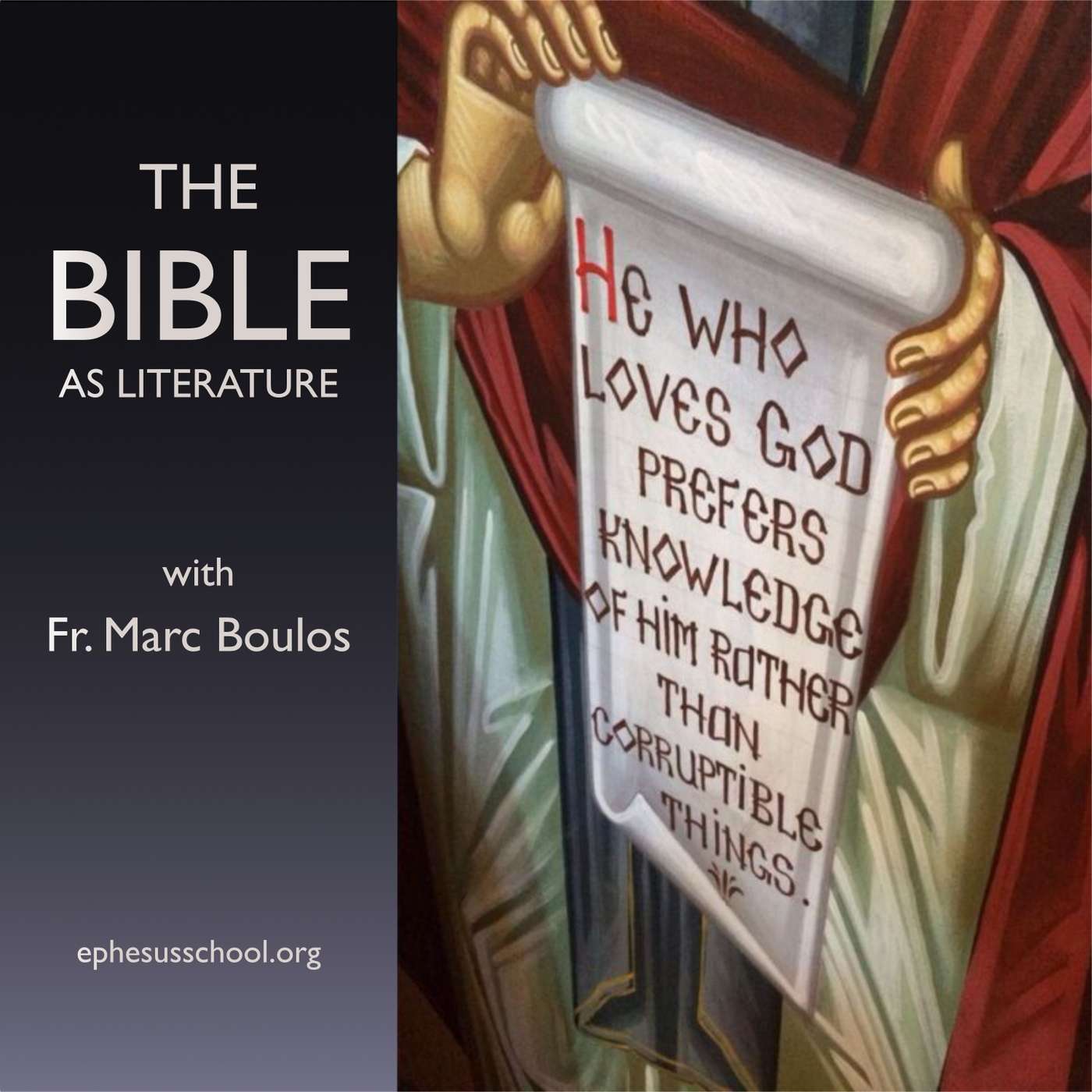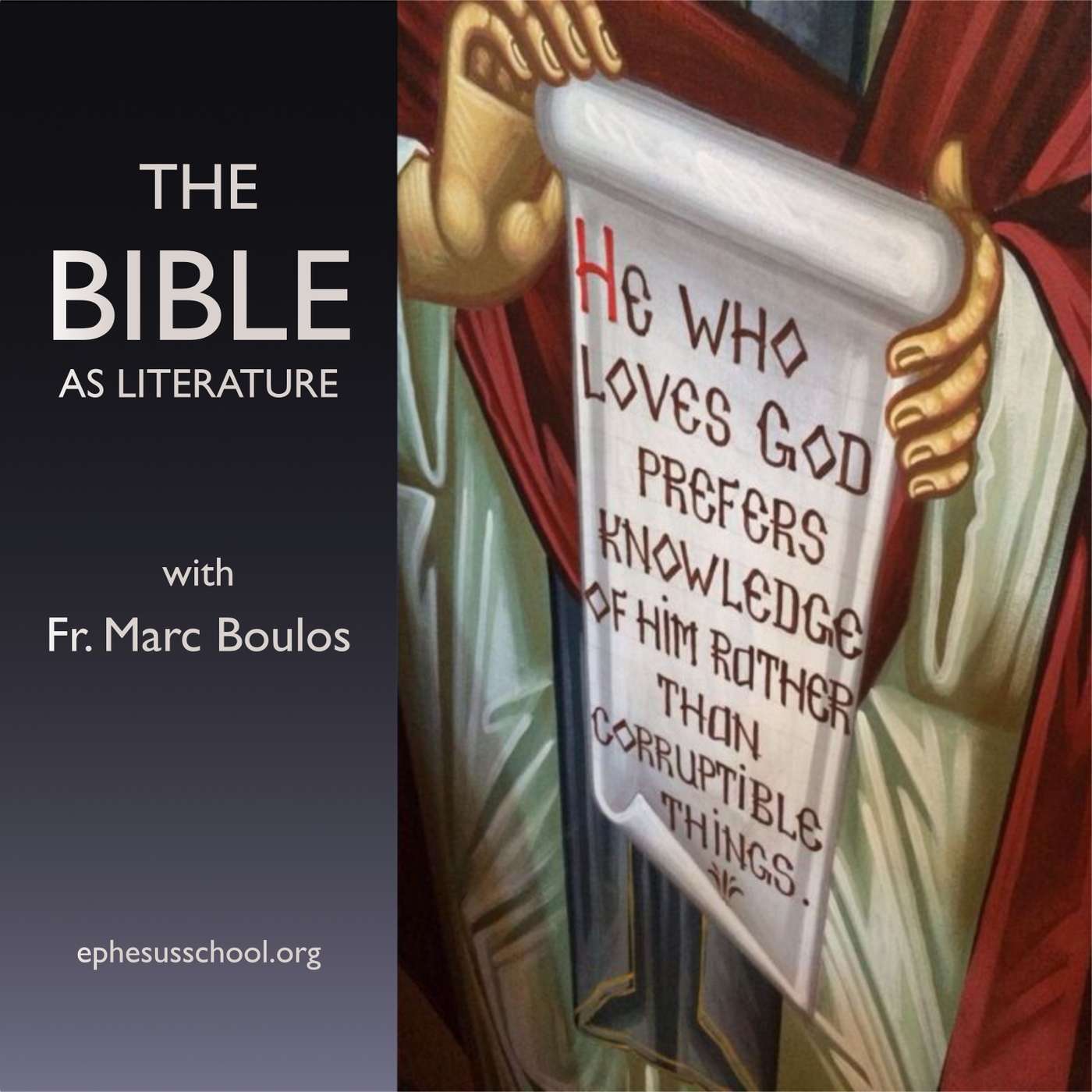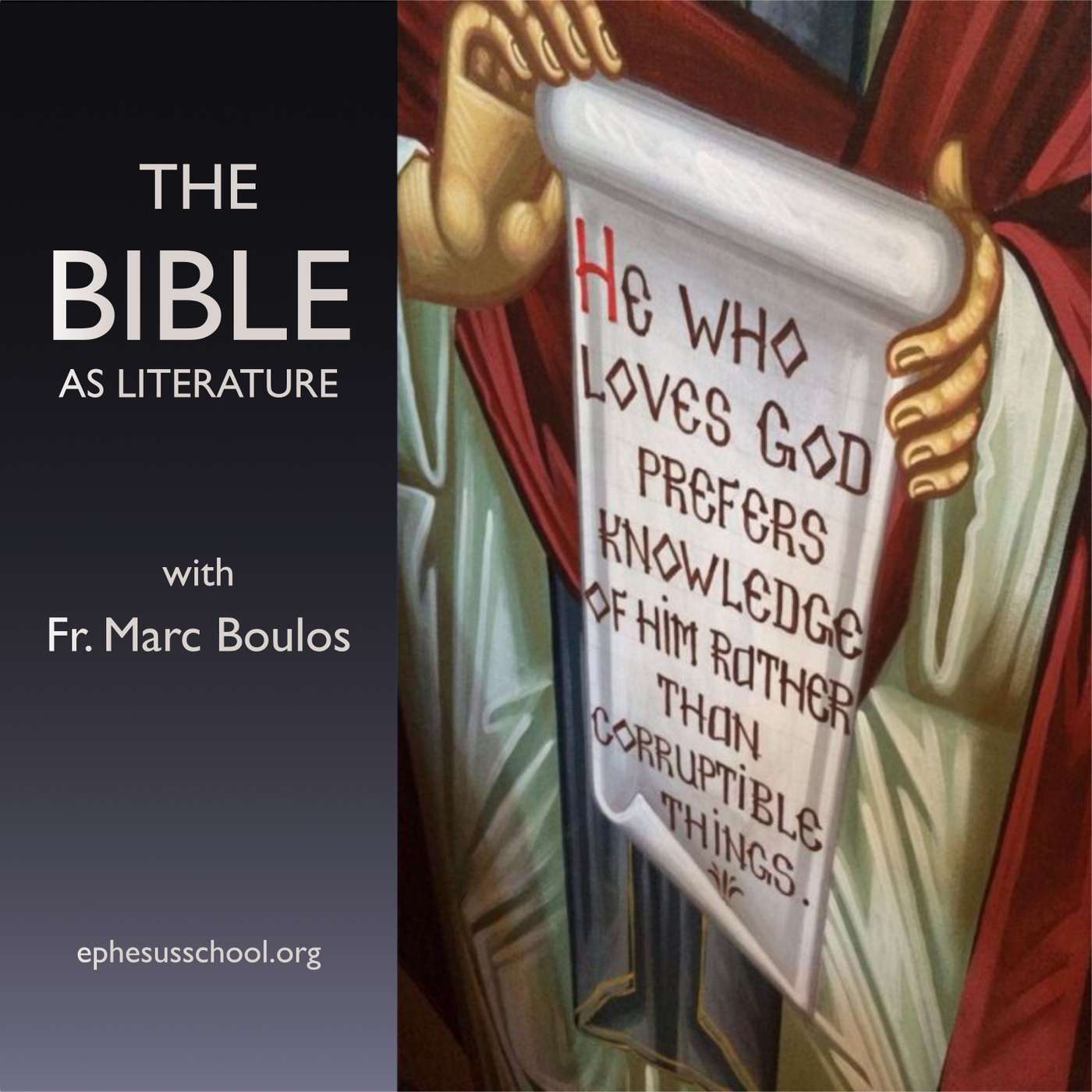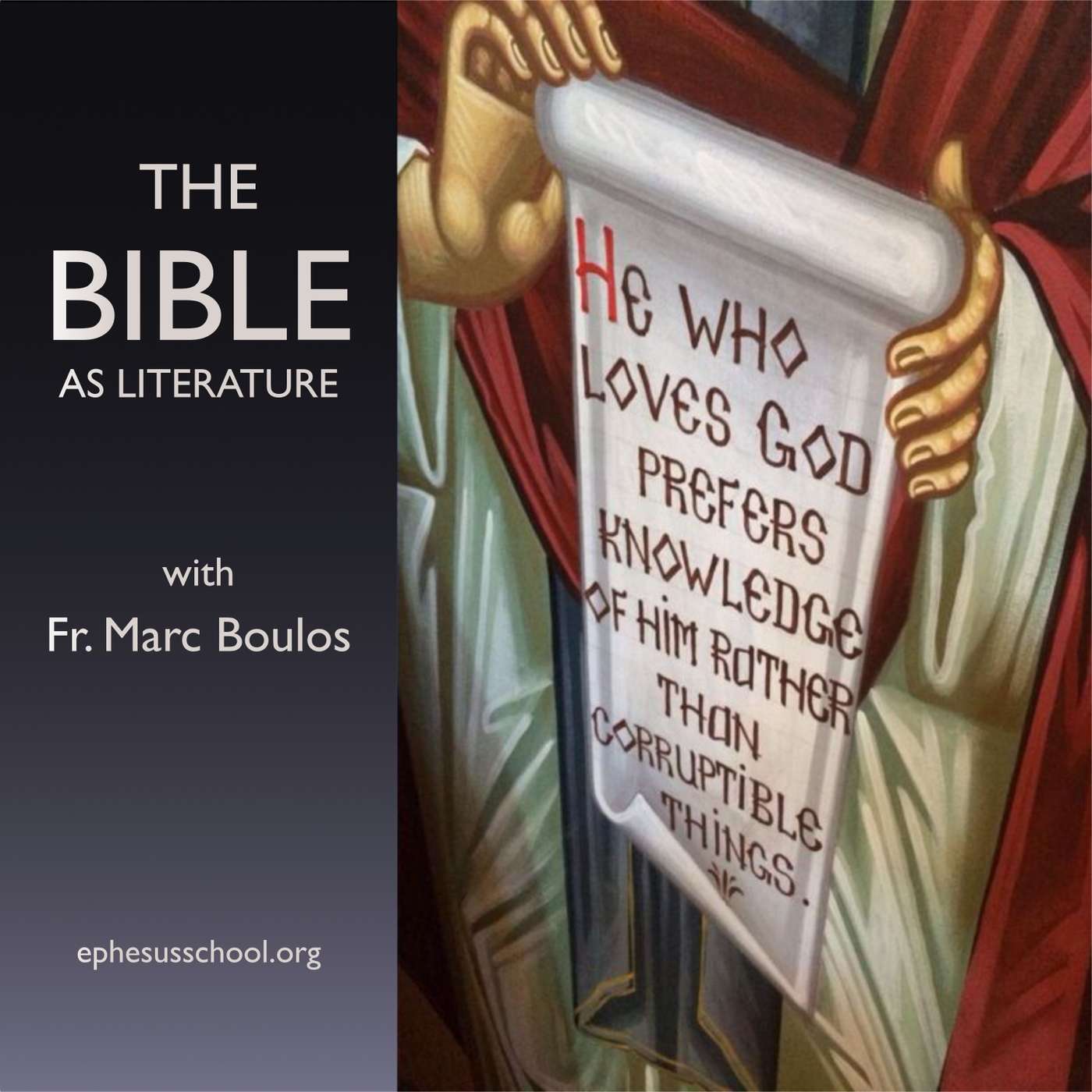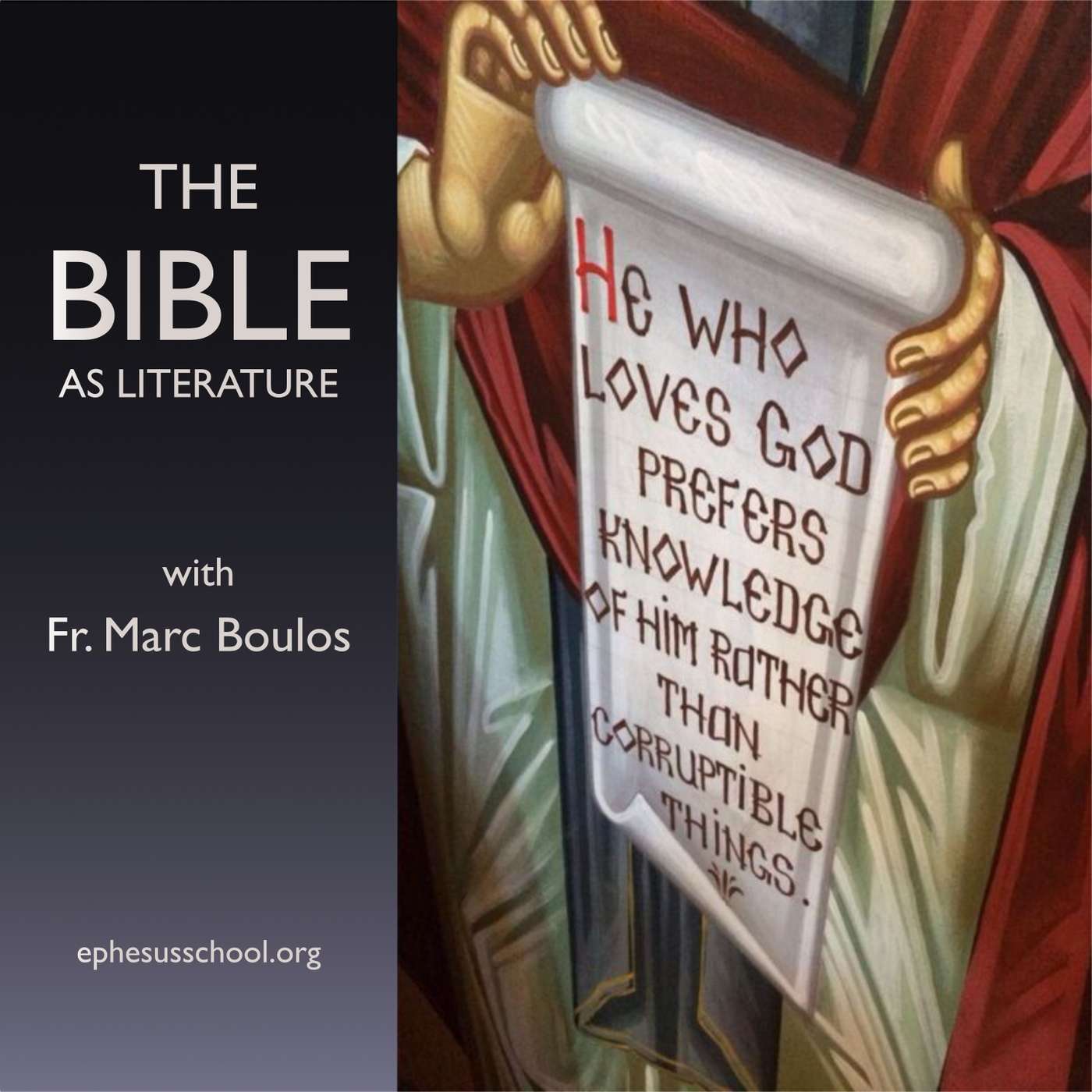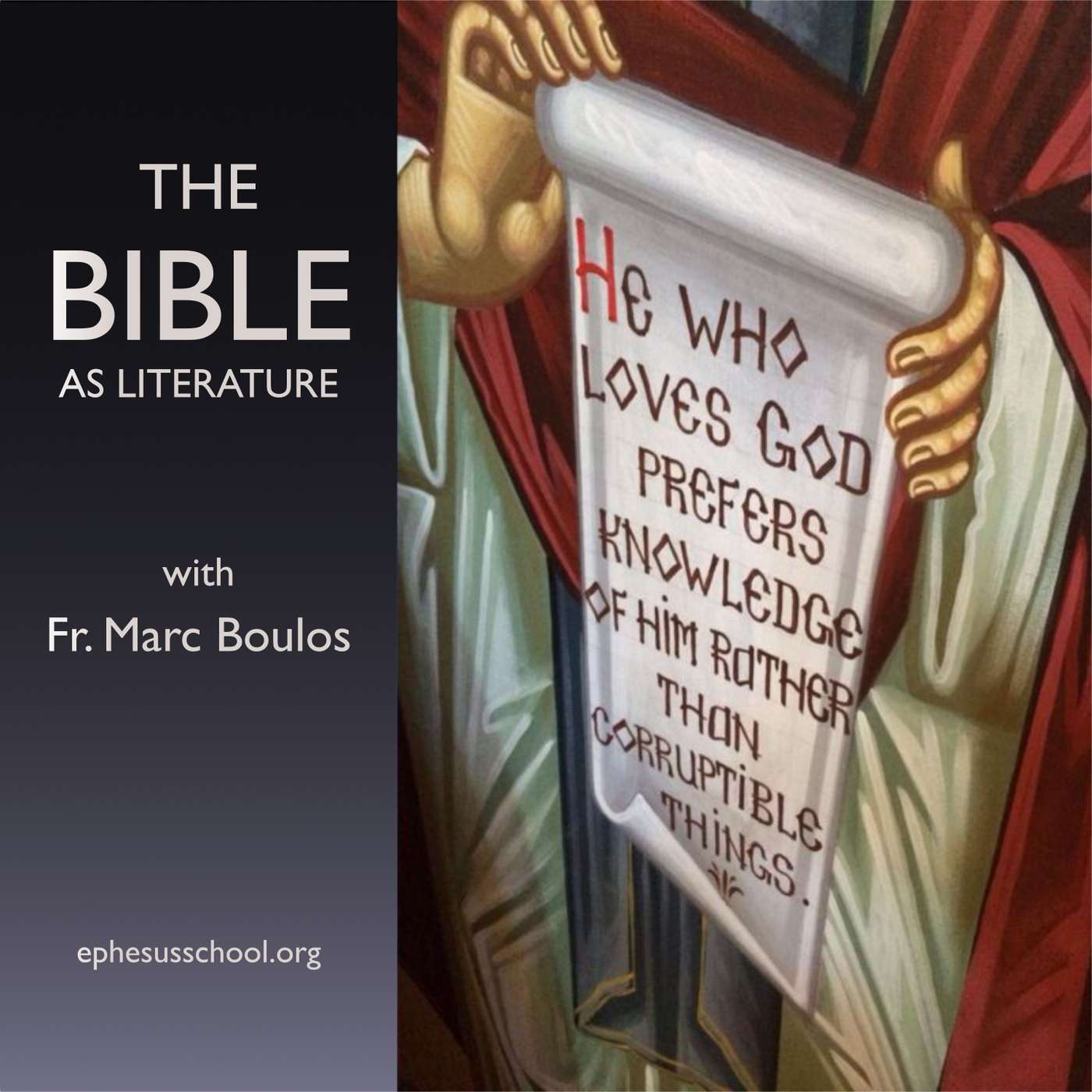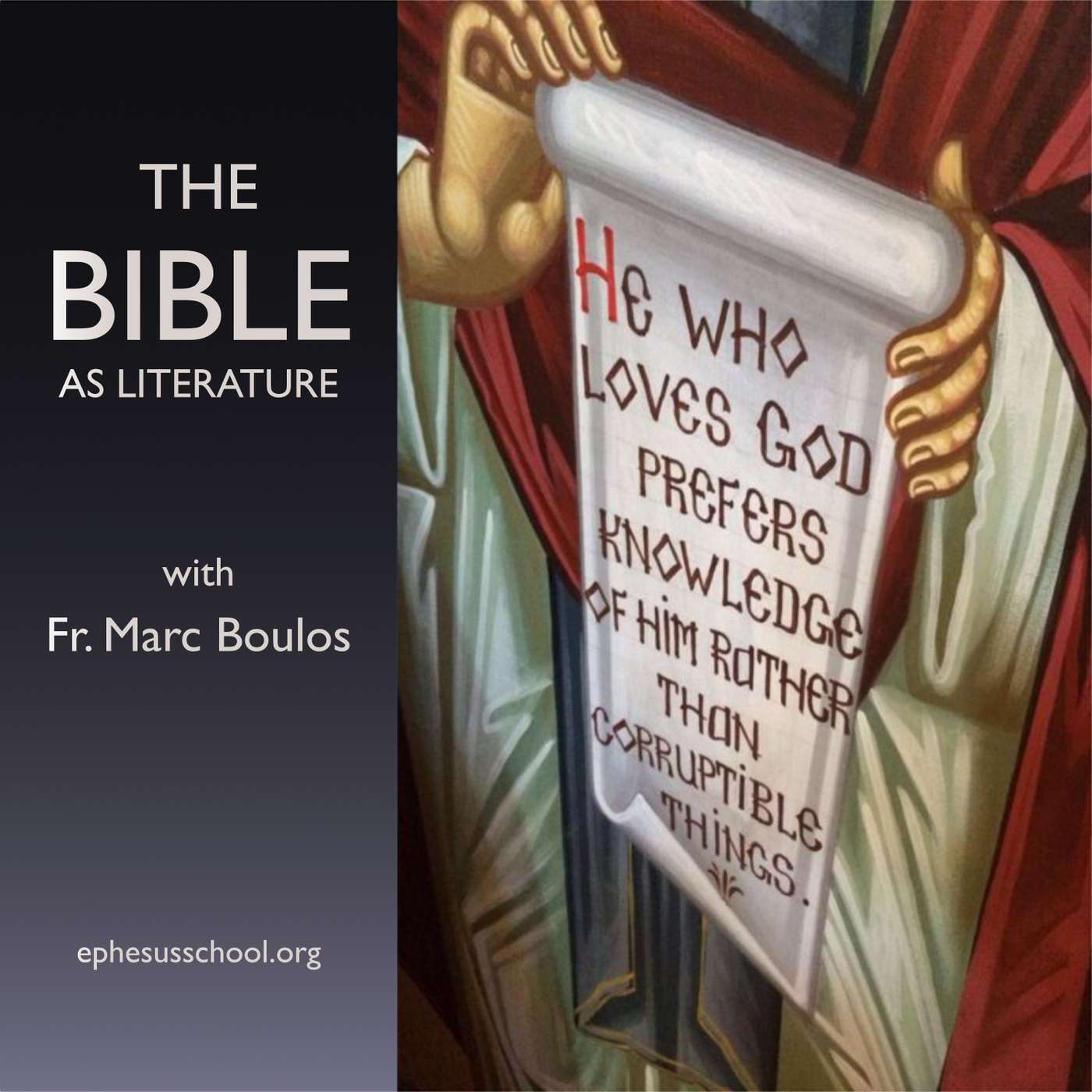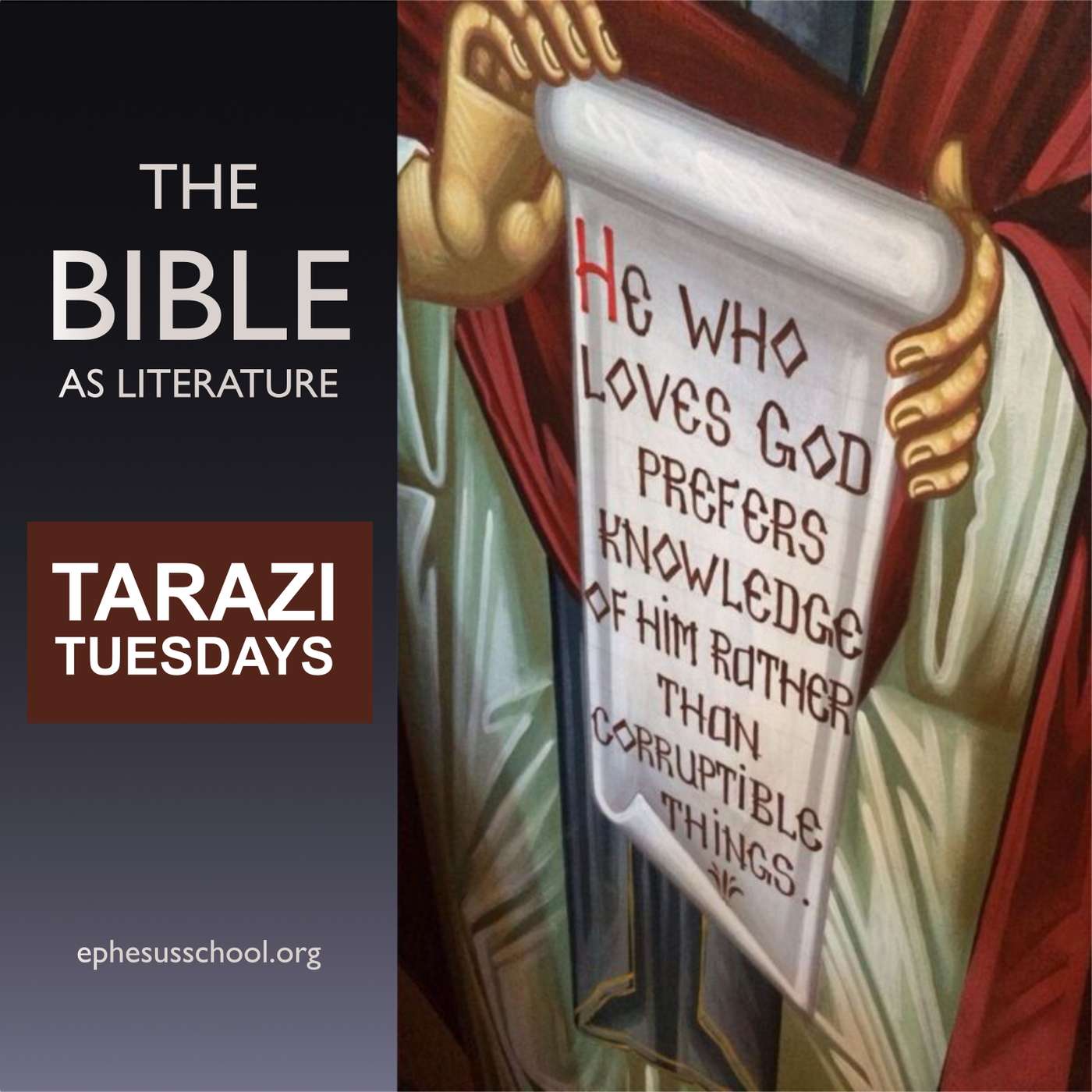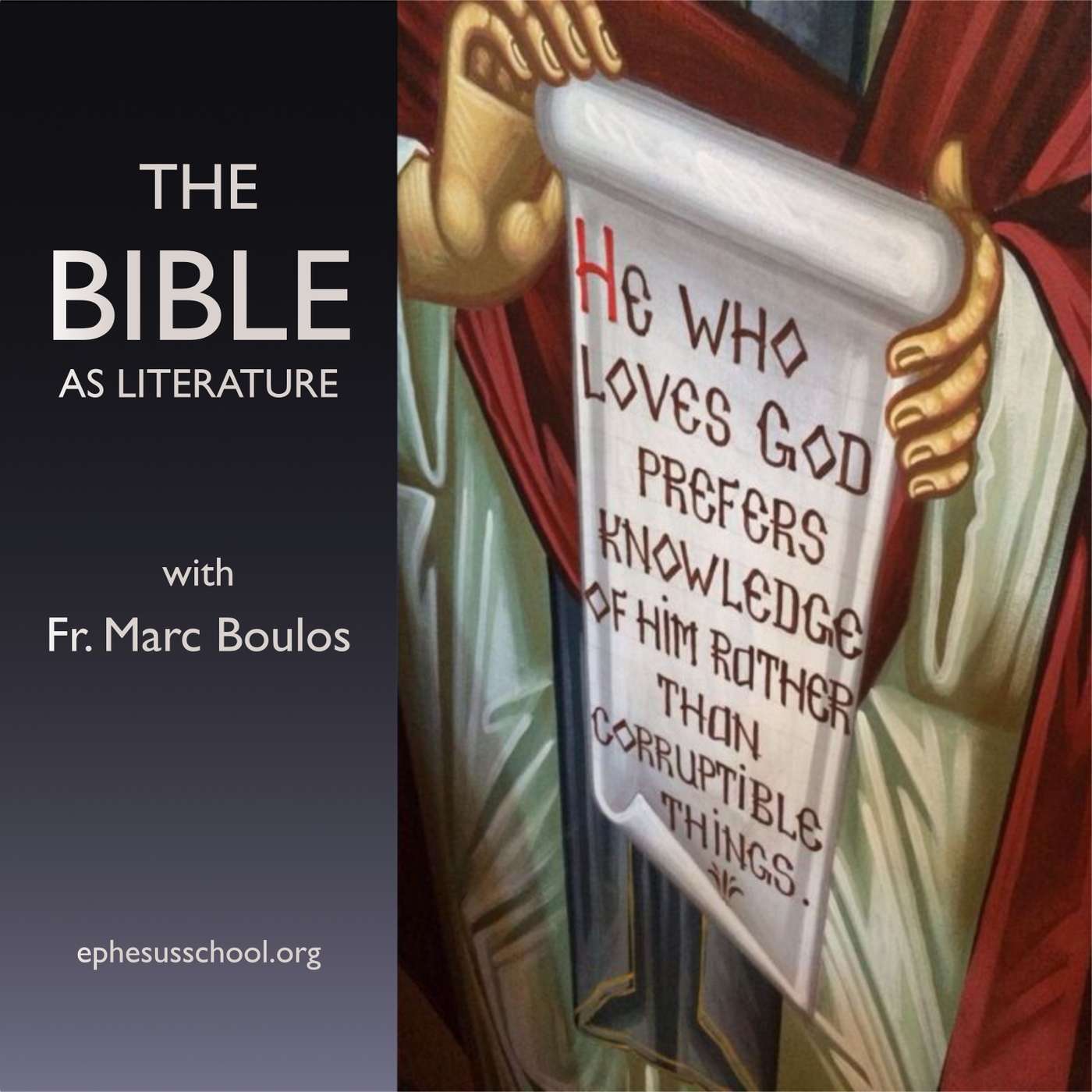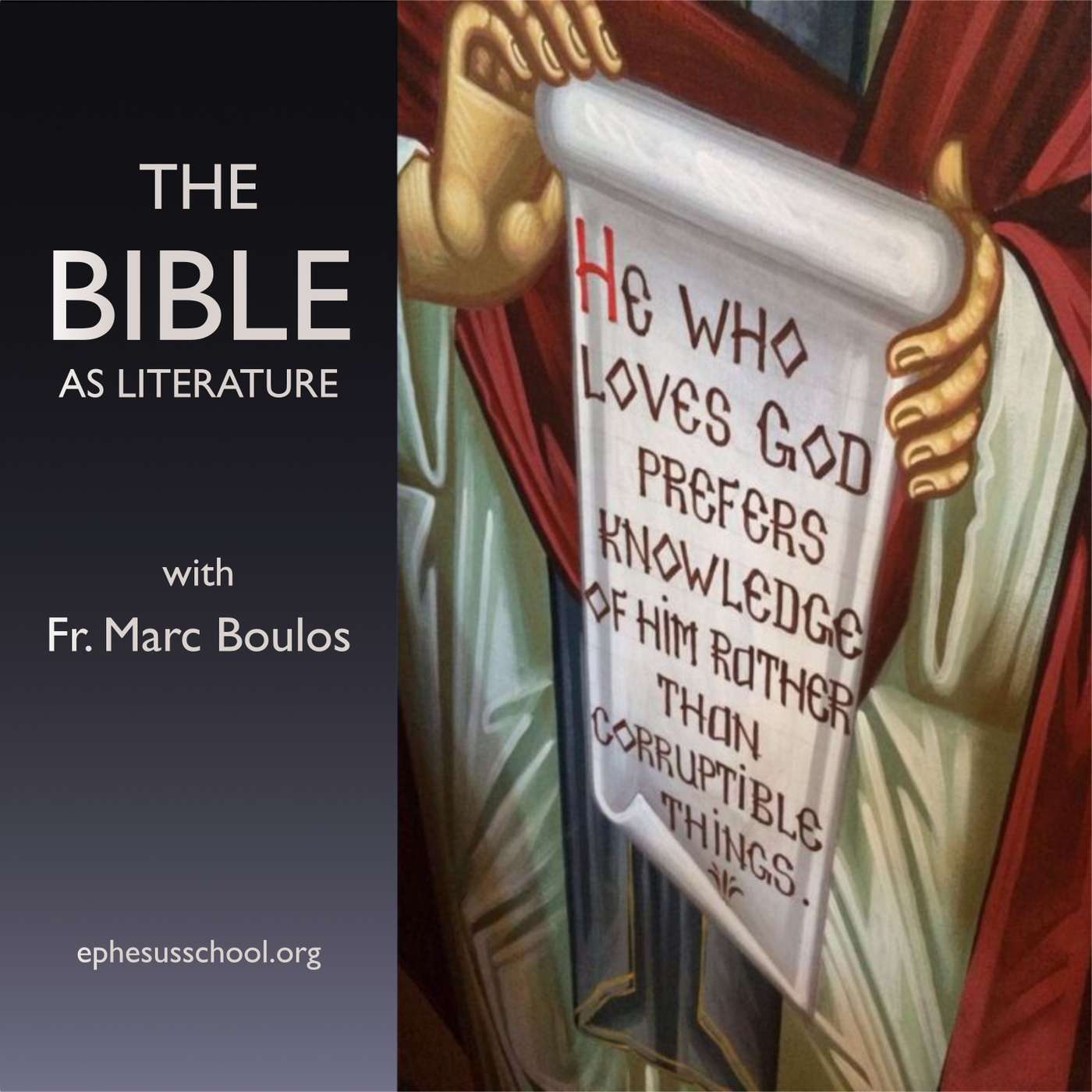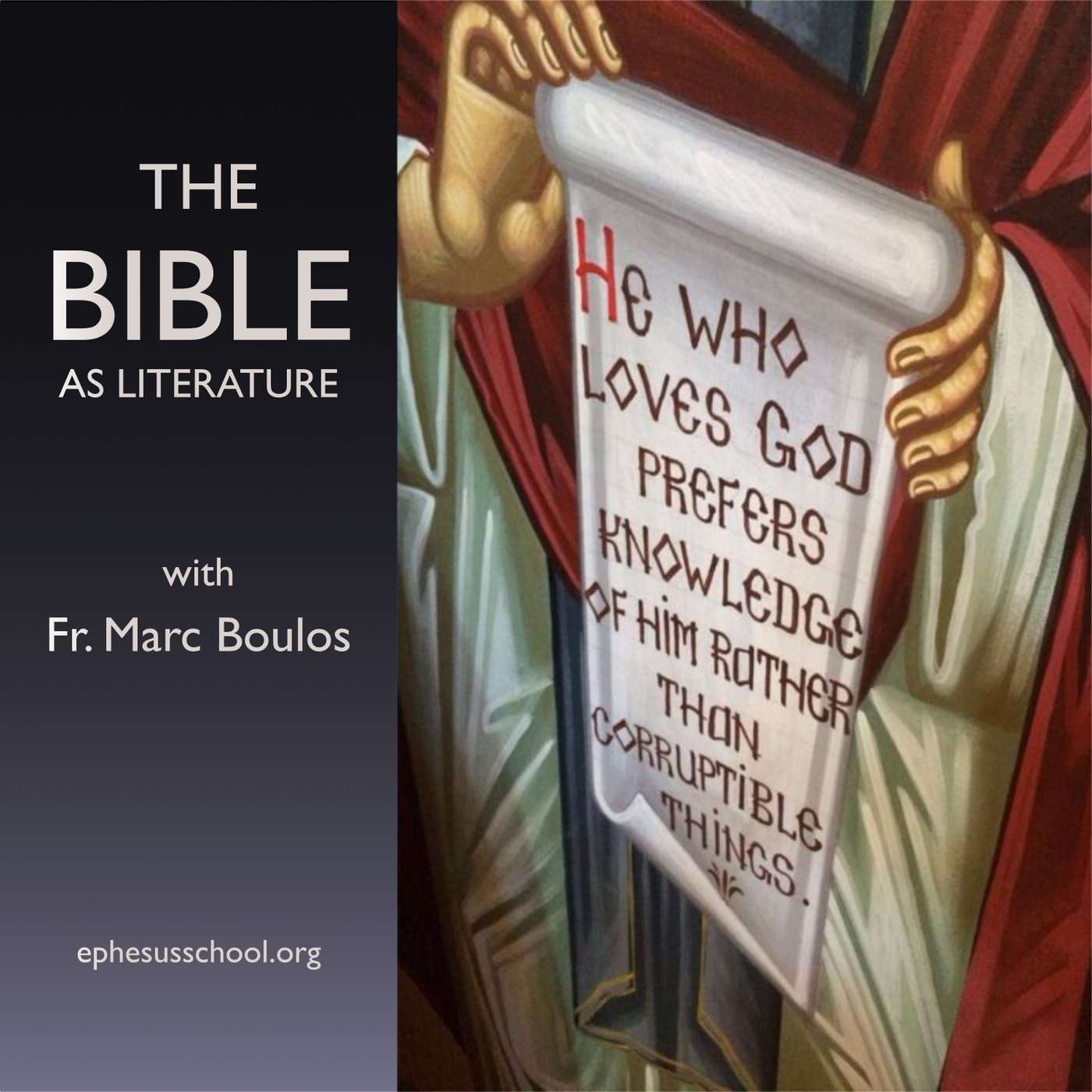The Desert Knows His Name
Description
In Scripture, to “find” is never mere discovery.
It is encounter—
a turning of the text where mercy meets rebellion,
where favor walks hand-in-hand with wrath.
In Gerasa, the people find the healed man—clothed, sane, silent—
and they tremble.
He is a mirror, a testimony they cannot bear.
Restoration becomes a scandal. Mercy, a threat.
As well it should be.
They send away the one who scattered their demons
because he disturbed their peace.
The Scriptures whisper:
To find a man is to stand at the edge of wrath—
to be weighed, watched.
Will you be spared?
In Hebrew: to find, to meet, to expose.
In Arabic: to find—yes—
but also to be found out.
To be found wandering.
To be guided.
The disbeliever finds God waiting—
and no one can shield him.
Every expectation collapses under the weight of divine wisdom.
Everything found is double-edged:
Grace, if received.
Judgment, if refused.
So—finders, beware.
The light of instruction burns.
This week, I discuss Luke 8:35-37.
Show Notes
εὑρίσκω (heuriskō) / מ־צ־א (mem–ṣade–aleph) / و–ج–د (wāw–jīm–dāl)
find; reach; meet accidentally; obtain, achieve
FOUND THE MAN
The people “find” the healed man—מ־צ־א (mem–ṣade–aleph)—and become afraid, encountering divine judgment. He stands as a sign of both judgment and mercy: restored and sent out as a witness. In Scripture, finding a man—whether by apparent chance, deliberate search, or divine appointment—often precedes divine entrapment: a moment of redirection, confrontation, or exposure.
Their encounter with this man echoes a biblical pattern in which finding a man signals the onset of divine action.
- Joseph, found wandering, is sent on a path of suffering to deliver many from famine (Genesis 37:15 ).
- “A man found [וַיִּמְצָאֵהוּ (wayyimṣaʾēhu)] him, and behold, he was wandering in the field; and the man asked him, ‘What are you looking for?’”
- Benjamin, found out by a planted cup, exposes guilt but leads to submission and reconciliation (Genesis 44:12 ).
- “He searched, beginning with the oldest and ending with the youngest, and the cup was found [וַיִּמָּצֵא (wayyimmāṣēʾ)] in Benjamin’s sack.”
- The prophet, found under the oak, faces judgment for disobedience (1 Kings 13:14 ). The “finding” (מ־צ־א) here is a trap—not for the wicked, but for the prophet who fails to remain obedient to God’s direct command.
- “He went after the man of God and found [וַיִּמְצָאֵהוּ (wayyimṣaʾēhu)] him sitting under an oak…”
- “You shall not eat bread, nor drink water, nor return by the way you came.” (1 Kings 13:9)
- “So he went back with him and ate bread in his house and drank water.” (v. 19)
- “He went after the man of God and found [וַיִּמְצָאֵהוּ (wayyimṣaʾēhu)] him sitting under an oak…”
- Jonah, who finds a ship, is caught in a storm of God’s judgment—and becomes a reluctant prophet (Jonah 1:3).
- “But Jonah rose up to flee… and found [וַיִּמְצָא (wayyimṣaʾ)] a ship going to Tarshish…”
FOUND FAVOR
In Luke 8:35 –37, after Jesus casts out Legion, the people come and find the man “sitting at Jesus’ feet, clothed and in his right mind.” Rather than rejoicing in the mercy extended, they are seized with fear. They do not celebrate the restoration but instead beg Jesus to leave. This rebellion—typical of the עֵדָה ʿ(ēdāh) that Jesus scatters throughout the Gospel of Luke—reveals a tragic irony: grace is offered, but rejected.
This moment echoes a recurring biblical pattern centered around the root מ־צ־א (mem–ṣade–aleph), which signifies finding, meeting, or encountering. When someone “finds favor” [מָצָא חֵן (māṣāʾ ḥēn)] in God’s sight, it often leads to intercession on behalf of others—even the wicked:
- Abraham pleads for Sodom upon having found favor (Genesis 18:3).
- “He said, ‘My Lord, if now I have found [מָצָאתִי (māṣāʾtī)] favor in your sight, please do not pass your servant by.’”
- Lot, though surrounded by destruction, acknowledges divine mercy (Genesis 19:19 ).
- “Now behold, your servant has found [מָצָא (māṣāʾ)] favor in your sight, and you have magnified your zealous care…”
- Moses repeatedly intercedes for Israel’s rebellious collective after finding favor in God’s sight (Numbers 11:11 ).
- “Why have you been so hard on your servant? And why have I not found [לֹא מָצָאתִי (lōʾ māṣāʾtī)] favor in your sight, that you have laid the burden of all this people on me?”
- In the golden calf incident, no favor is found in God’s sight—only consequence. Yet, Moses stands in the breach and intercedes (Exodus 34:9).
- “If now I have found [מָצָאתִי (māṣāʾtī)] favor in your sight…”
- Esther, having found favor, risks her life to save her people (Esther 8:5).
- “If it pleases the king, and if I have found [מָצָאתִי (māṣāʾtī)] favor before him, and the matter seems proper to the king…”
In all these examples, those who found favor stood in the breach for others—unlike the people of the Gerasenes, who reject the one who intercedes against the Roman Legion. Their response echoes Israel’s rebellion in the wilderness, when the people grumbled against Moses and said:
“If only the Lord had killed us in the land of Egypt when we sat by pots of meat and ate our fill of bread! But you have brought us out into this wilderness to make us all die of hunger.” (Exodus 16:3).Though they had been delivered, they longed for the security of slavery rather than trust in the provision of God. So too in Luke 8, the people, confronted with divine mercy in the healed man, recoil in fear and send Jesus away.
Bloody cowards.
They cannot bear the grace that unmasks their allegiance to the 1%—the settled urban elites who love injustice. As in the wilderness, favor is offered—but refused. Grace stands before them, confronting their false peace—and they choose Pharaoh. Cowardice draped in civility. In the end, refusing to take a stand is the most wicked stand of all. May their dinner parties be found worthy of the price.
FOUND JUDGMENT
The people “find” judgment—מ־צ־א (mem–ṣade–aleph)—not by seeking it, but by standing in the way of divine mercy. In Luke 8:35 –37, those who witness the healed man respond with fear rather than submission. The grace shown to the possessed becomes a sign of judgment for those who reject it. This reversal echoes throughout Scripture: to “find” is to be found out by God—exposed, weighed, measured, and confronted. “Finding” unmasks guilt, and divine justice follows swiftly—even when grace has already been extended:
- Egypt, the symbol of empire and wealth, is found stripped bare—exposed in its powerlessness before God. The Egyptians, found lacking, are emptied of silver and reduced to servitude (Genesis 47:14 ).
- “And Joseph collected all the money that was found [הַנִּמְצָא (hannimṣāʾ)] in the land of Egypt…”
- A thief is found in possession of stolen goods, and the act triggers justice (Exodus 22:4).
- “If what he stole is actually found [נִמְצָא (nimṣāʾ)] alive in his possession… he shall pay double.”
- The people ga...


